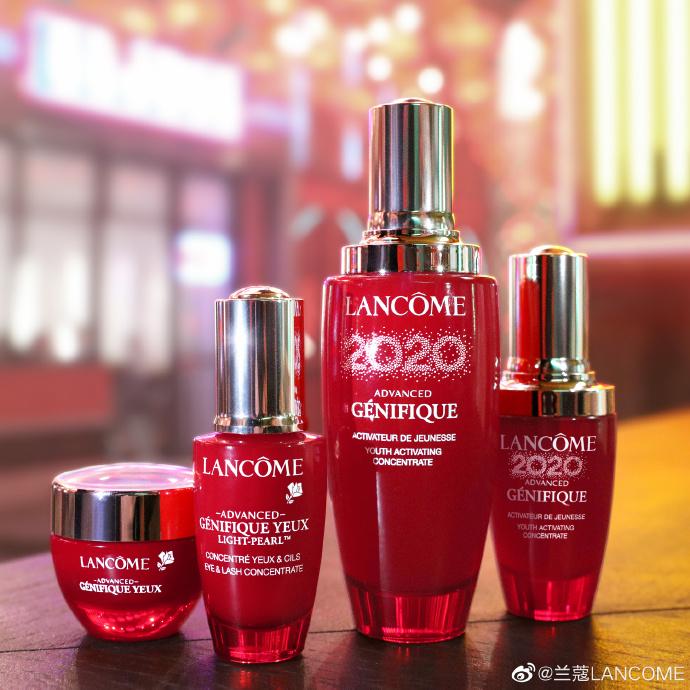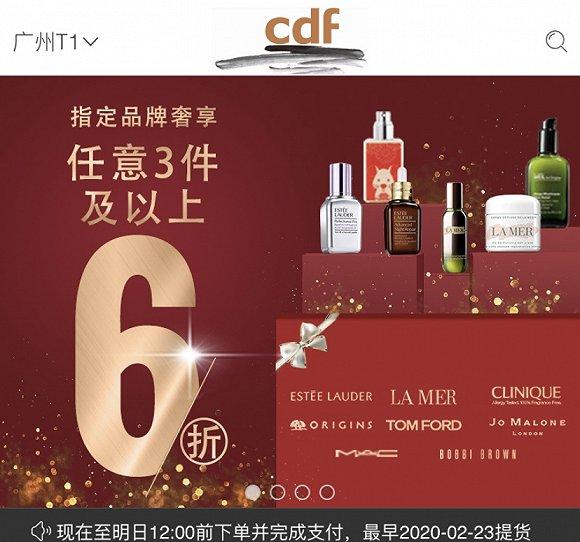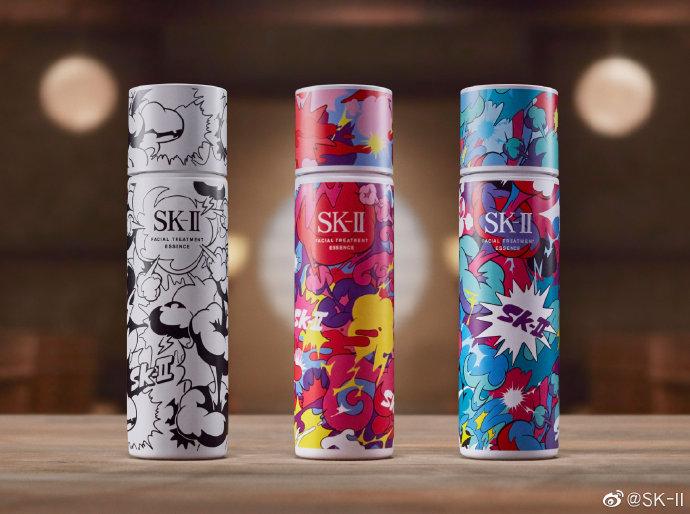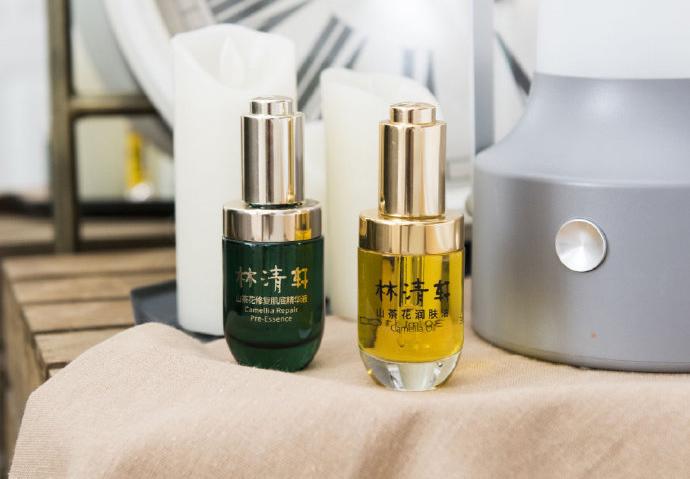Xinhua News Agency, Guangzhou, June 21st (Reporter Chen Ji Zhan Yan) Since he went to Beijing to work in Internet advertising in 2000, Zhang Longhua, a Hong Kong native, has experienced several entrepreneurial stories spanning Beijing, Hong Kong and Shenzhen.
His latest entrepreneurial project is the mobile Internet video teaching platform "Xiumiao". This platform was released in Hong Kong at the end of 2015 and landed in the mainland at the beginning of the following year. Zhang Longhua set up the company in Hong Kong Science Park and the mainland branch in Shenzhen Qianhai Youth DreamWorks, and went back and forth to the two places once a week as usual.
Xiu Miaoduo invited a Hong Kong tutor to teach the course, covering life skills such as speech skills, social etiquette, love and marriage. "Not only the first-tier cities in the mainland have demand for these courses, but many second-and third-tier cities have wine tasting classes, etiquette classes, etc., and there are many people attending classes." Zhang Longhua said, "Because people are striving for progress, and they are constantly pursuing the enrichment of social skills and the improvement of their self-cultivation."
At the end of 2014, Qianhai Administration, Shenzhen Youth Federation and Hong Kong Youth Federation initiated the establishment of Qianhai Shenzhen-Hong Kong Youth DreamWorks, and so far 77 Hong Kong entrepreneurial teams including Xiumiao have been hatched. Qianhai also provided 666 internship positions for young people in Hong Kong, received 8,000 students from Hong Kong colleges and universities for study and exchange, and attracted more than 100 Hong Kong youth entrepreneurial teams to participate in the first Qianhai Shenzhen-Hong Kong Youth Innovation and Entrepreneurship Competition.
Going north to start a business is behind the enthusiastic struggle of young people in Hong Kong and the help of government departments. It is understood that in the past three academic years, more than 170,000 Hong Kong students participated in the mainland exchange program. In April 2014, the Hong Kong SAR Government launched the Youth Internship and Exchange Funding Scheme in the Mainland, which further promoted Hong Kong young people’s understanding of the job market and development opportunities in the Mainland.
Close to the water tower, Qianhai has opened a channel for the flow of talents between Shenzhen and Hong Kong. In addition to promoting more than 10 kinds of Hong Kong professionals such as certified tax agents, certified accountants and housing managers to practice directly in Qianhai, it also levies personal income tax on overseas talents including high-end talents from Hong Kong at a rate of only 15%.
After starting a business, Zhang Longhua is still infatuated with the strong historical and humanistic atmosphere in the north, which is also one of the reasons why the vast mainland attracts him. "I like history very much. At that time, regardless of spring, summer, autumn and winter, I would go to the Great Wall every month and visit Shichahai every week or two." He said.
Multi-culture, international vision and open concept … … A "Pearl of the Orient", which blends East and West, has also attracted many young people from the mainland to show their great ambitions during the 20 years since returning to the motherland.
Unlike Zhang Longhua, Zhao Xiaoshuang, a mainland exchange student at the Hong Kong University of Science and Technology, prefers to go into nature and "see the sea through the mountains". "Hong Kong’s natural environment is well protected. It’s not very troublesome to go to an island by boat. The scenery is beautiful and natural. This is a particularly good place in Hong Kong. " She said.
The year after Hong Kong’s return, Hong Kong universities began to recruit mainland students by entrusting 10 mainland universities. In 2003, the Ministry of Education officially agreed that Hong Kong universities should recruit self-funded undergraduates in six provinces and cities including Beijing, Shanghai, Guangdong, Zhejiang, Jiangsu and Fujian. Over the past decade or so, the scope of enrollment has gradually expanded.
In 2009, after graduating from Beijing Foreign Studies University, Zhao Xiaoshuang was admitted to the Department of Social Work of the Chinese University of Hong Kong, worked in Hong Kong for more than four years, returned from studying abroad for one year, and worked as an exchange student at the Hong Kong University of Science and Technology. Zhao Xiaoshuang, who originally went south, claimed to be "led by curiosity". She said that there are many advanced things in social work and charity in Hong Kong, and I want to learn about them myself.
Mr. Wang, from Zhengzhou, Henan Province, chose the multimedia major of the School of Design of Hong Kong Polytechnic University to further study and improve himself after graduating from a creative cartoon in Hong Kong.
After living in Hong Kong for more than five years, Mr. Wang has been able to skillfully hear Cantonese and got married here. In cafes in Hong Kong, he has taught Mandarin one-on-one with Hong Kong friends for countless times. "More and more Hong Kong people have this will because their business is related to the mainland and they have to speak Mandarin." Mr. Wang said.
In 2011, as a financial consultant, Chen Zhihao, a Hong Kong resident, was still fluent in Mandarin when he came to meet his first mainland client in Longgang, Shenzhen. This mainland customer is a primary school teacher with a monthly income of 5,000 yuan. Although the business was not concluded, she became good friends with Chen Zhihao.
During the past six years, Chen Zhihao’s clients were mainly mainland youths, who were distributed in Shenzhen, Guangzhou and other places. His life was like a pendulum, and he frequently traveled between Hong Kong and Shenzhen. He met his girlfriend in Shenzhen, a Guiyang girl who graduated from Hong Kong University.
"The biggest feeling of working and living in the mainland is that people have a positive attitude towards work and life and work hard. I learned a lot from my girlfriend. " Chen Zhihao said.
The Chief Secretary for Administration of the Hong Kong SAR Government, Mr Matthew Cheung Kin-chung, said that apart from politics and economy, the mainland and Hong Kong are also closely related to social and livelihood issues. Cultural exchanges between the two places are becoming more and more frequent. At present, there are more than 520,000 Hong Kong people living, working and studying in Guangdong Province for a long time.
Many customers at work have become friends in Chen Zhihao’s life. "Basically, they eat together, watch movies together and chat together. I often recommend them to watch some good movies in Hong Kong." Chen Zhihao said, "I am doing myself well, in fact, I am promoting Hong Kong well."




